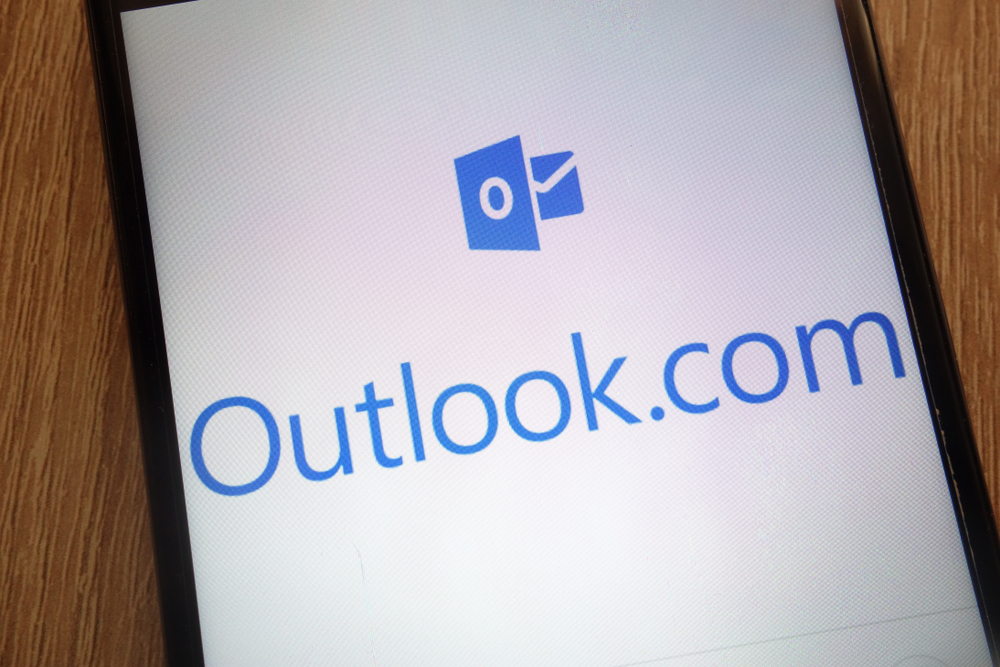Widely-used WhatsApp mod stuffed with malware
FMWhatsApp is embedded with the Triada Trojan which tracks device information and intercepts texts


Sign up today and you will receive a free copy of our Future Focus 2025 report - the leading guidance on AI, cybersecurity and other IT challenges as per 700+ senior executives
You are now subscribed
Your newsletter sign-up was successful
A widely-used modified version of WhatsApp has been Trojanised by the Triada malware, with users susceptible to having their personal information and messages intercepted.
WhatsApp variants, like the vulnerable FMWhatsApp, are often downloaded because users sometimes feel the official app lacks useful features, whether these are animated themes or self-destructing messages.
These mods are developed by amateurs that contain ads, usually in the form of banners displayed on various screens and menus. The Triada Trojan sneaked into the FMWhatsApp 16.8.0 variant alongside its advertising software development kit (SDK), according to researchers with Kaspersky.
This might be of particular concern to businesses whose employees routinely use WhatsApp to communicate, specifically those who have opted for alternatives to the official version due to the additional functionality these variants offer. These are only available through third-party websites.
The Trojanised version that Kaspersky has identified gathers unique device identifiers, including Device IDs, Subscriber IDs, MAC addresses, as well as the name of the app package when they’re deployed.
When the app is launched, this information is collected and sent to a remote server to register the device. It responds by sending a link to a payload, which the Trojan downloads, decrypts and launches.
At this stage, there are actually several pieces of malware that beam to a victim’s device. Trojan-Downloader.AndroidOS.Agent.ic downloads and launches other malicious modules alongside Trojan-Downloader.AndroidOS.Gapac.e, which also displays full-screen ads when users least expect it.
Sign up today and you will receive a free copy of our Future Focus 2025 report - the leading guidance on AI, cybersecurity and other IT challenges as per 700+ senior executives
RELATED RESOURCE

Trojan-Downloader.AndroidOS.Helper.a downloads and launches the xHelper Trojan installer module, and also runs invisible ads in the background to increase the number of views they get. Trojan.AndroidOS.MobOk.i then signs the device owner up for paid subscriptions, alongside the Trojan.AndroidOS.Subscriber.l module.
Finally, Trojan.AndroidOS.Whatreg.b signs in WhatsApp accounts on the victim’s phone. The malware gathers device information and sends it to the command and control (C&C) server. It responds with an address to request a confirmation code, and other information to sign in, in such a way that mimics the official WhatsApp protocol.
“It’s worth highlighting that FMWhatsApp users grant the app permission to read their SMS messages, which means that the Trojan and all the further malicious modules it loads also gain access to them,” said Kaspersky researcher Igor Golovin.
“This allows attackers to automatically sign the victim up for premium subscriptions, even if a confirmation code is required to complete the process.
“We don’t recommend using unofficial modifications of apps, especially WhatsApp mods. You may well end up with an unwanted paid subscription, or even [lose] control of your account altogether, which attackers can hijack to use for their own purposes, such as spreading spam sent in your name.”

Keumars Afifi-Sabet is a writer and editor that specialises in public sector, cyber security, and cloud computing. He first joined ITPro as a staff writer in April 2018 and eventually became its Features Editor. Although a regular contributor to other tech sites in the past, these days you will find Keumars on LiveScience, where he runs its Technology section.
-
 Will a generative engine optimization manager be your next big hire?
Will a generative engine optimization manager be your next big hire?In-depth Generative AI is transforming online search and companies are recruiting to improve how they appear in chatbot answers
-
 European Commission clears Google’s Wiz acquisition, citing 'credible competition' from Amazon and Microsoft
European Commission clears Google’s Wiz acquisition, citing 'credible competition' from Amazon and MicrosoftNews Regulators said there are “several credible competitors” to Google regardless of the acquisition
-
 Morgan Stanley fined $200m for "unapproved" WhatsApp use
Morgan Stanley fined $200m for "unapproved" WhatsApp useNews US gov report criticises bank for conducting business via personal channels of communications
-
 WhatsApp backups to get end-to-end encryption
WhatsApp backups to get end-to-end encryptionNews Facebook says it's the final step towards a full end-to-end encrypted messaging experience on the chat app
-
 WhatsApp launches multi-device beta with support for end to end encryption
WhatsApp launches multi-device beta with support for end to end encryptionNews An infrastructure change means up to four devices can be attached to a single account without compromising security or privacy, company claims
-
 NSA releases guidance on voice and video communications security
NSA releases guidance on voice and video communications securityNews Failure to secure voice and video calls could lead to hackers snooping
-
 How to restore Outlook emails
How to restore Outlook emailsTutorials Knowing how to restore Outlook emails can save a lot of time and hassle for users